1.5 Healing together: protective
strategies for dual disorder
It is widely recognized that people living with mental illnesses often face substance use disorders, and the reverse relationship is equally true.

1.5 Healing together: protective
strategies for dual disorder
It is widely recognized that people living with mental illnesses often face substance use disorders, and the reverse relationship is equally true.
Managing co-occurring schizophrenia and substance use disorder can be challenging, but effective strategies offer hope for improvement. They aim to reduce risks, promote recovery, and support individuals in achieving greater stability and well-being.
What strategies help in Dual Schizophrenia care?
Addressing dual disorder requires an integrated approach, combining psychiatric care, addiction treatment, and support services to meet the wide range of needs that these patients face.
There are several PROTECTIVE FACTORS that can help mitigate the risk of substance use problems and promote improvement in schizophrenia symptoms.
| Factors | Description |
 Treatment adherence Treatment adherence | Strict adherence to antipsychotic medication regimens and engagement in psychotherapy or psychosocial interventions can stabilize schizophrenia symptoms and decrease the risk of substance use disorder development. |
 Strong social support Strong social support | Supportive relationships with family, friends, peers, or mental health professionals can act as a protective buffer against substance use, providing encouragement, problem-solving assistance, and emotional support. |
 Structured routine Structured routine | Establishing and maintaining a structured daily routine, including employment, education, hobbies, and leisure activities, can occupy individuals with schizophrenia, reducing unproductive time that may lead to substance use. |
 Access to specialized services Access to specialized services | Integrated treatment programs addressing both schizophrenia and substance use disorder simultaneously, incorporating cognitive-behavioral therapy, motivational interviewing, and medication management, can enhance outcomes and minimize relapse rates. |
 Psychoeducation Psychoeducation | Educating individuals with schizophrenia and their families about substance use risks, relapse prevention strategies, and coping skills can raise awareness and empower informed decision-making. |
 Healthy lifestyle Healthy lifestyle | Engaging in physical health-promoting activities like exercise, nutrition, sleep, and stress management can support overall well-being and decrease the likelihood of substance use. |
 Peer support groups Peer support groups | Participation in peer-led support groups or recoveryoriented programs tailored to individuals with co-occurring schizophrenia and substance use disorder can offer validation, understanding, and practical guidance. It should be noted that individuals with dual schizophrenia may struggle more to join support groups like Alcoholics Anonymous (AA) due to suspiciousness and distrust. |
Why is timely mental health care critical for reducing dual schizophrenia risk?
It’s important to note that brain changes in people vulnerable to schizophrenia start early, long before the first symptoms appear. Substance use disorders can sometimes act as a trigger for the first episode of psychosis, especially during adolescence – a critical period when the brain is still developing key areas responsible for decision-making and impulse control.
Using drugs at an early age increases the risk of substance use problems and other mental health issues later in life. For example, regular marijuana use during adolescence can raise the risk of psychosis in adulthood, especially for those with certain genetic predispositions. Likewise, mental health disorders such as schizophrenia, bipolar disorder, or depression in young people often lead to higher rates of substance use later on.
Treating mental health issues early can help prevent the cycle where one condition worsens the other. Timely care not only reduces the risk of dual schizophrenia but also helps teens make healthier choices during critical developmental years, setting them on a path to better long-term mental health.
Caregivers and family support play a critical role in the recovery journey of people with dual disorders, offering understanding, encouragement, and stability.